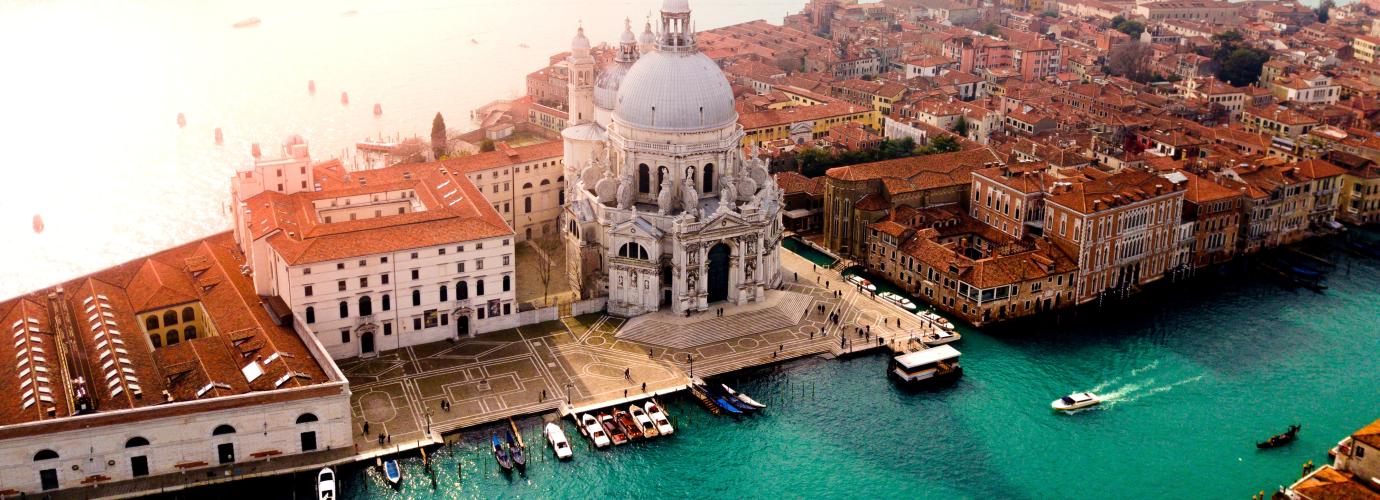Bilateral agreements
Beside the opportunities of mobility offered by the Erasmus+ Programme, Italian university students may spend a period of study or training abroad as Italian language assistants in hosting institutes. The Ministry of university and research awards grants according to bilateral agreements.
For foreign language teachers (French, Spanish and German) in secondary schools, the Ministry responsible for education and training yearly organises their participation in refresh courses in Austria, France, Germany and Spain, according to bilateral agreements with these countries. Every year a Circular of the Ministry provides the list of courses, their duration (in general two weeks), available posts and admission requirements. However, posts available are rather limited (e.g. in 2011, 140 teachers benefited from the courses).
Moreover, through the Fulbright Programme and according to bilateral agreements between Italy and USA, Italian citizens receive grants to study, make researches or teach at universities in the USA and vice versa. The programme is funded jointly by the Department of the State in the USA and the Italian Ministry of foreign affairs.
Cooperation and participation in worldwide programmes and organisations
Due to university autonomy and a growing sensitiveness towards internationalisation, the number of international agreements between Italian and foreign universities has increased. In order to keep records of such inter-university agreements, in 2009 a platform was created by the Ministries responsible for education and foreign affairs and the Conference of Rectors of Italian universities (CRUI).
The Ministry of Foreign Affairs, contributes to the internationalisation of the university system through agreements and specific projects, funding for the mobility of researchers within bilateral programmes, awarding grants and allowances for post-graduation programmes and for scientific and technological initiatives, always included in bilateral programmes.
The Ministry of Foreign Affairs published the offer of scholarships, coming from several States and some International organisations for attending courses at universities or higher institutions abroad, for making researchers in public archives, cultural centres, libraries, laboratories and for attending language courses at specialised language centres.
Finally, the Ministry of foreign affairs has stipulated bilateral and multilateral agreements with several EU and non-EU States for the recognition of qualifications.

